Zijin(Purple) Mountain Scenic Area
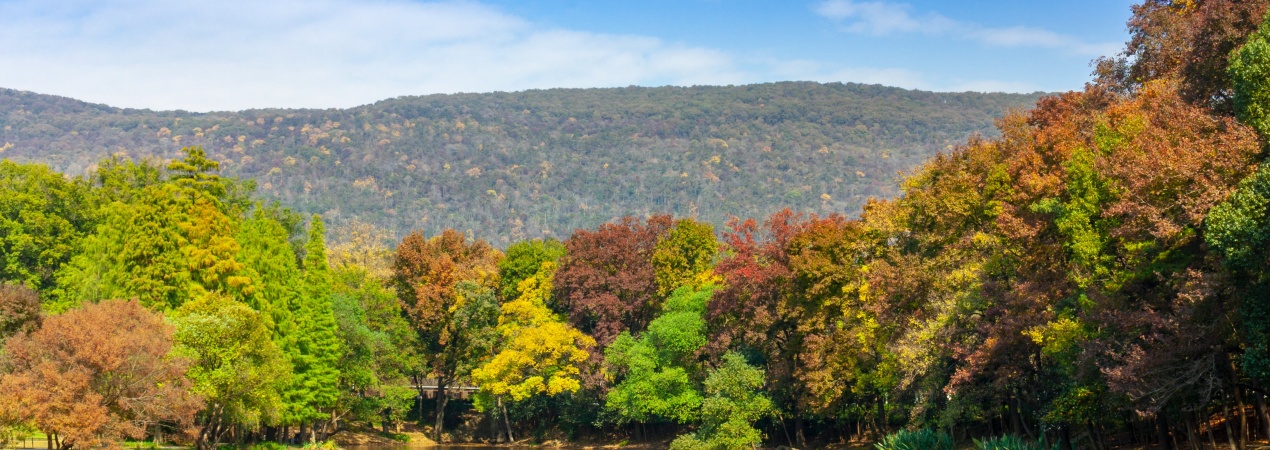
Zijin Mountain (or Purple Mountain/Zhongshan Mountain), Nanjing's "mother mountain" and one of Jiangnan's four famous peaks, now includes two national protected areas: Zhongshan Mountain National Park (a key national attraction) and Zijin Mountain National Forest Park. It has a UNESCO World Heritage site (Ming Xiaoling Mausoleum), 42 protected cultural relics and over 200 historic spots. Its three main scenic parts – Sun Yat-sen Mausoleum, Ming Xiaoling Mausoleum and Linggu Temple – mix ecology, culture, sports and fun, making it China's top integrated national forest park.
- Chinese name:紫金山 Zǐ Jīn Shān
- Recommended Duration: 2-3 hours
- Entrance Fee: Free
-
Opening Hours: All day
Zijin Mountain Observatory opening hours(charged for RMB 15):
November to March: 8:30-17:00
April to October: 8:30-17:30
- Best time to visit: September to November
- Address: Xuanwu District, Nanjing City, Jiangsu Province
- How to get there:Take Bus No.20, Bus No.203 or Bus No.315 to get there
Highlights of Zijin Mountain Scenic Area
Linggu Temple
Linggu Temple sits on Zijin Mountain's eastern slopes, the only remaining monastery from over 70 Southern Dynasties Buddhist temples once in Zhongshan. This Ming Dynasty site, famous for "Ancient Pines in Linggu Valley," stays solemnly timeless among tall pines. Its main feature is the 60-meter Linggu Pagoda—a nine-tiered, octagonal memorial to fallen soldiers built from 1931-33, made with reinforced concrete and Suzhou granite. Each level has green-glazed eaves and stone railings (base 14m across, top 9m), and from here you get great panoramic views. The temple also holds a parietal relic of Master Xuanzang, attracting many pilgrims and visitors.
Toutuo Peak
Toutuo Peak, Zijin Mountain's highest point at 448 meters, tops the Ningzhen Mountain Range. From here, you can see all of Nanjing spread out, feeling the grandness of the saying "climb high to see all things small." The peak has spots like Mountain Dawn Pavilion, White Cloud Pavilion, Liu Ji's Cave, Zither-Playing Rock, and White Cloud Spring—each with unique views and old stories. Its plants change with the seasons: flowers in spring, thick shade in summer, colorful leaves in autumn, and snow in winter. This ever-changing scenery makes it a great place for hikers and photographers all year round.
Zjin Mountain Observatory Museum
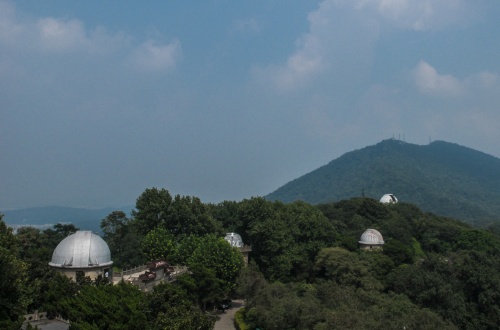 Zjin Mountain Observatory Museum
Zjin Mountain Observatory MuseumThe Zijin Mountain Observatory Museum, once China's top astronomical research center and called "the cradle of modern Chinese astronomy", was the country's first modern astronomy institute. It no longer works as a research center but is now a public museum. Here you can see ancient tools like the Ming Dynasty armillary spheres and abridged armillas, plus displays showing how modern astronomy developed. Sitting on top of Purple Mountain, it offers wide views of Nanjing and is still a great place to watch the sky.
Educational Value
The Zijin Mountain Observatory Museum has China's national treasures: Ming Dynasty armillary spheres and simplified astronomical instruments (abridged armillas). They show the best of ancient Chinese astronomical technology, proving our ancestors' wisdom in watching the sky and making calendars. Also on display are modern astronomical tools, telling how China went from having no modern astronomy to building the field. They show generations of scientists working hard to find the truth.
Activities to do at Zijin Mountain Scenic Area
Viewing Ancient Astronomical Tools: The Zijin Mountain Observatory Museum keeps Ming-Qing treasures like armillary spheres (hunyi), abridged armillas (jianyi), sundials, and celestial globes. Its main show, "Cosmic Wonders: Homage to Astronomy & Technology," uses VR and interactive spots. These let visitors draw constellations in a real-feeling way and find out about planets' secrets. Modern displays turn hard astronomy ideas into easy science stuff.
Drop us a line and we'll connect you with the top China expert in no time!
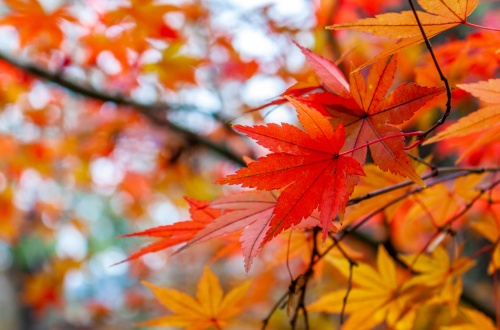 Nanjing Hongshan Forest Zoo
Nanjing Hongshan Forest Zoo 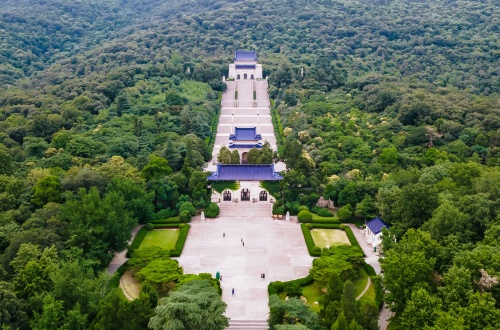 Nanjing Sun Yat-sen Mausoleum
Nanjing Sun Yat-sen Mausoleum 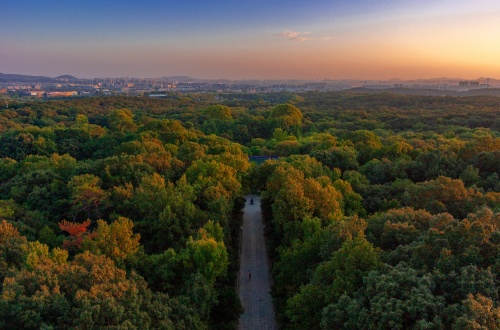 Zhongshan Mountain National Park
Zhongshan Mountain National Park 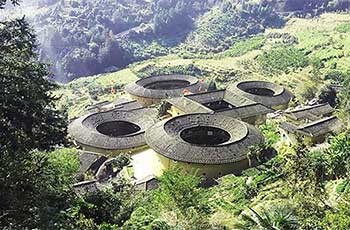 Nanjing Tulou
Nanjing Tulou